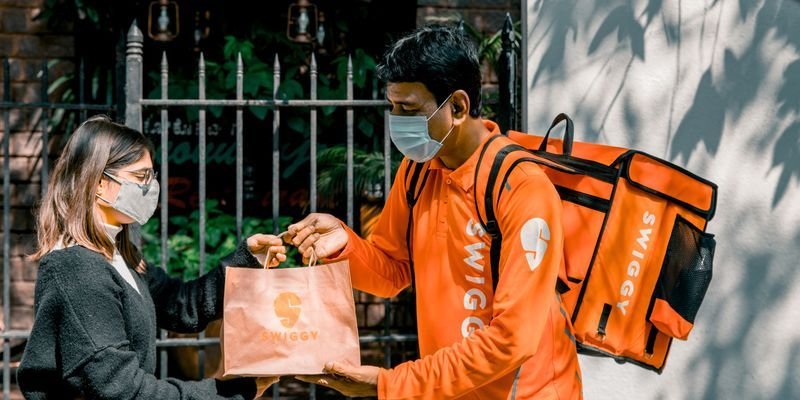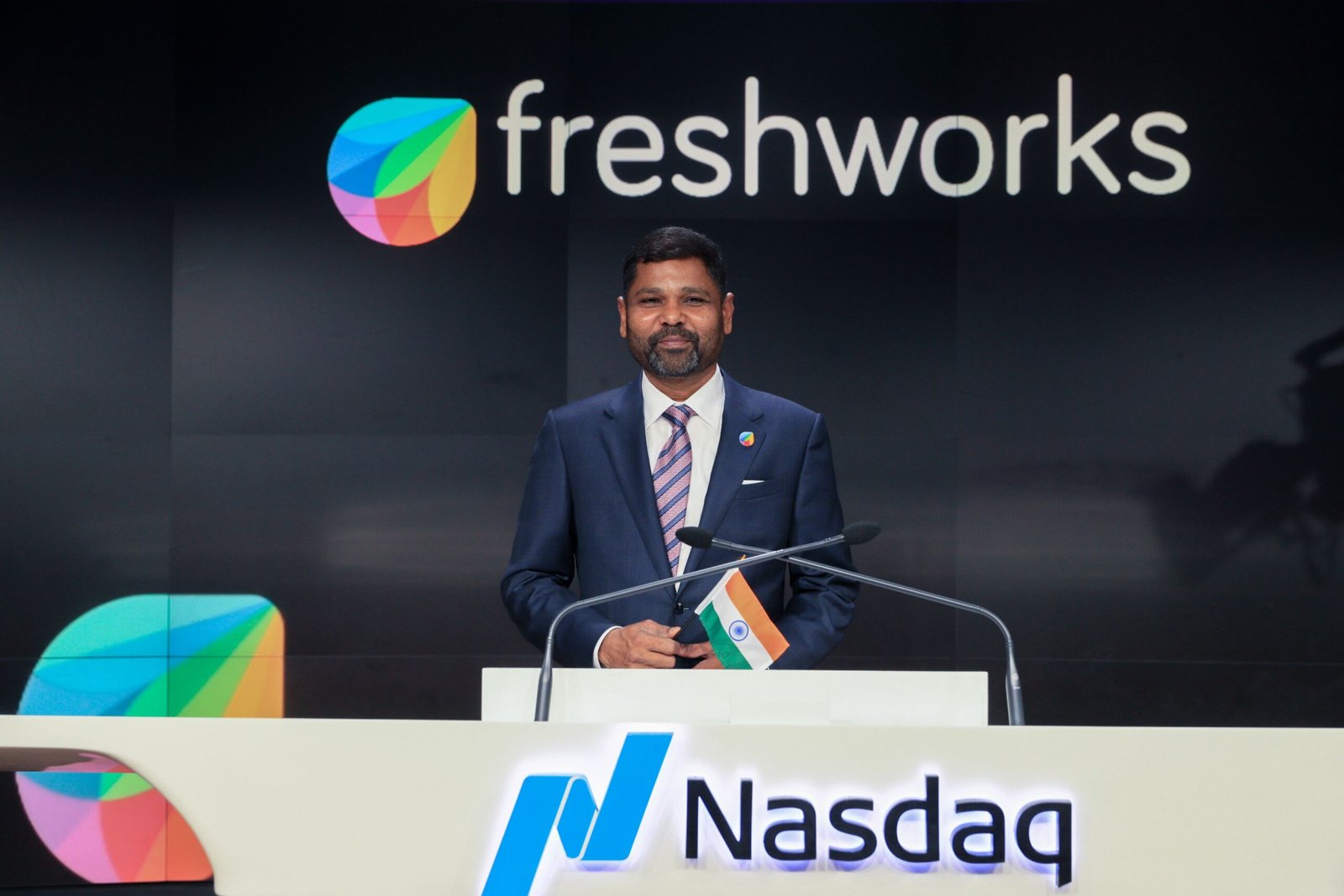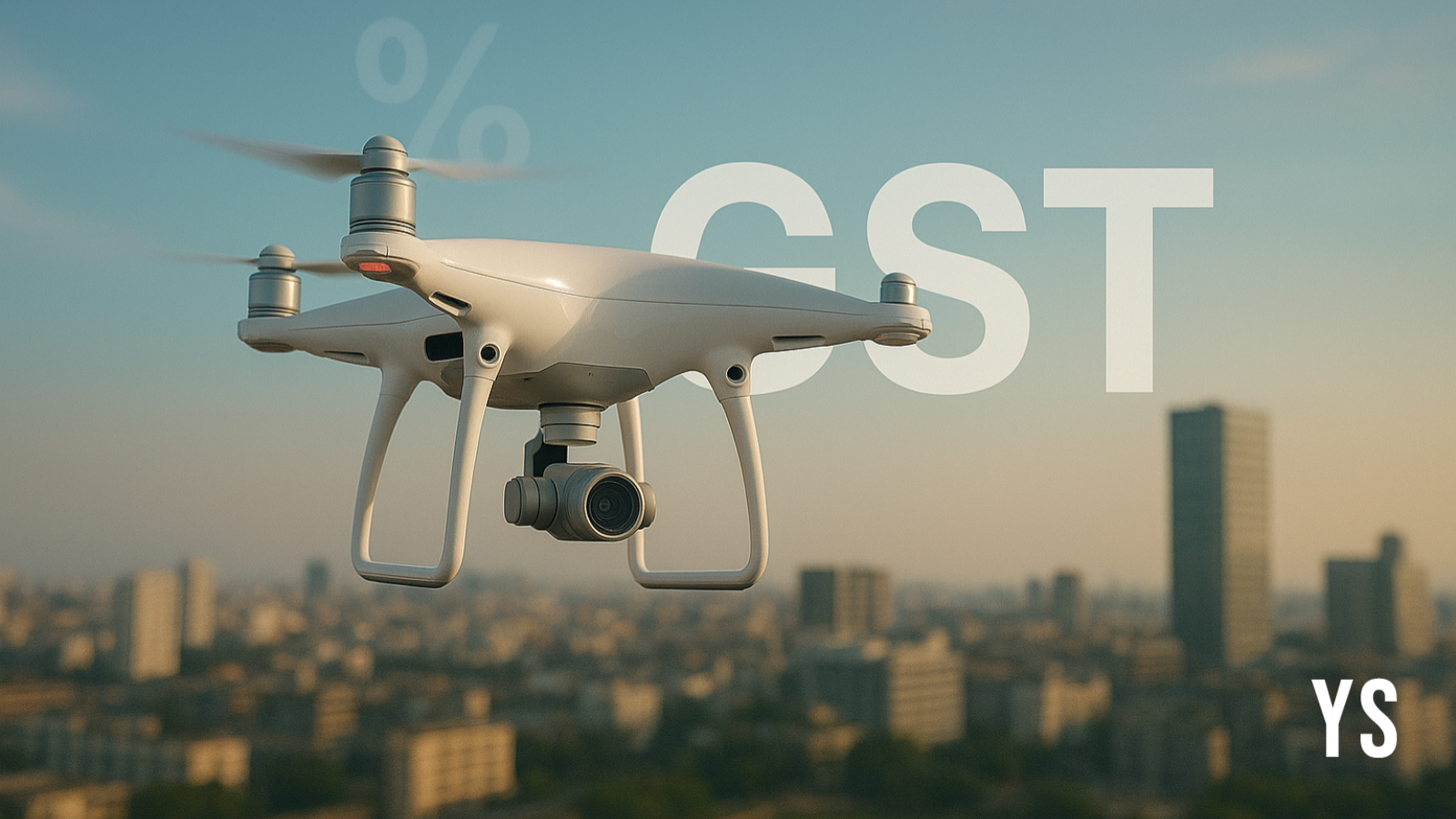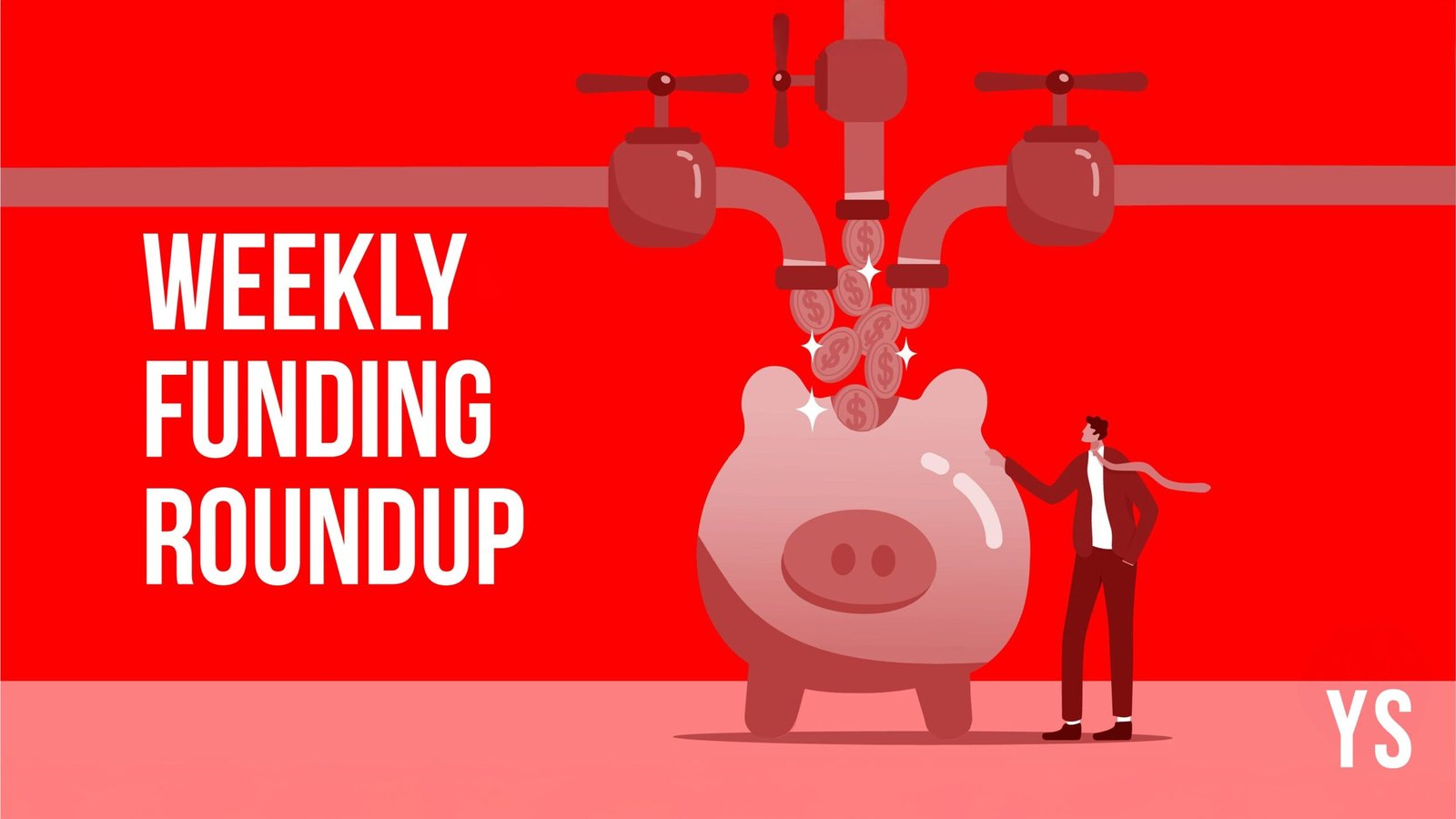Motilal Oswal turns bullish on Swiggy, Eternal amid GST tailwinds


The calls mark a sharp shift from just months ago, when weak discretionary spending and aggressive cash burn clouded the outlook for the industry that had grown rapidly during the pandemic years.
The brokerage expects food delivery growth, which slowed to about 18% in FY25 from nearly 20% in prior years, to rebound past 20% over the next 2–4 quarters. Analysts cited the upcoming festive season and recent Goods and Services Tax (GST) reforms that are expected to leave more money in consumers’ pockets.
“The perfect storm has given way to multiple tailwinds,” the firm said in its note, projecting 21–23% growth for both Swiggy and rival Zomato over FY26–27.
The quick commerce segment, where the race to deliver groceries and essentials in under 30 minutes had put platforms under expansion pressure, has also begun to stabilise. Between late 2024 and early 2025, customer acquisition costs spiked as platforms rolled out dark stores at a breakneck pace and showered discounts to capture share.
That cycle peaked in the March quarter, according to Motilal Oswal. Since then, expansion has slowed, discounting has eased, and operating leverage is beginning to improve. Swiggy is focusing on sweating existing assets, while Blinkit, owned by Zomato, is benefiting from density gains as it pushes toward 3,000 stores.
.thumbnailWrapper{
width:6.62rem !important;
}
.alsoReadTitleImage{
min-width: 81px !important;
min-height: 81px !important;
}
.alsoReadMainTitleText{
font-size: 14px !important;
line-height: 20px !important;
}
.alsoReadHeadText{
font-size: 24px !important;
line-height: 20px !important;
}
}

Policy changes are helping. The government recently clarified that delivery fees fall under Section 9(5) of the GST Act, making platforms directly liable for the tax. The move closes a loophole that had triggered hefty tax notices against both Swiggy and Zomato. The direct earnings impact is marginal, estimated at 0.3% to 0.5% of food-delivery EBITDA, but the reforms could spur adoption in smaller cities, where tax clarity and lower end-prices matter more.
The sector’s revival comes against a backdrop of sweeping GST rationalisation that has cut taxes on medicines, renewable energy components and household appliances, while exempting individual health and life insurance premiums. These reforms are part of what Motilal Oswal calls India’s transition from an “era of reforms to one of reimagination.” The economy has ballooned from $468 billion in 2000 to about $4 trillion today, and investors at the firm’s annual global conference this week heard corporate leaders strike an unusually upbeat tone despite geopolitical and macroeconomic headwinds.
For food delivery platforms, the turning cycle may be particularly significant. After years of investor scepticism about profitability, analysts now expect contribution margins in quick commerce to improve steadily and food delivery businesses to grow faster than previously forecast. That optimism has put the spotlight back on Swiggy, which is preparing for an eventual listing, and on Zomato, whose stock has already rallied in anticipation of better unit economics at Blinkit.
“Rational competition, moderating expansion and policy support are creating a path to sustainable profitability,” Motilal Oswal said. “The outlook for the sector has rarely looked stronger.”
Edited by Kanishk Singh
Discover more from News Hub
Subscribe to get the latest posts sent to your email.






